Creating respect for our profession
Last week I spoke at the Future of Public Affairs and Communications conference in Canberra. I talked to communications professionals about why they must claim their “seat at the table” and demonstrate their value to an organisation.

This is an issue that I hear about across every level of government. No matter how big or small the comms team. We don’t feel like we are valued. What we do isn’t respected.
Let me share a little of what I talked about at the conference.
What’s the problem?
Anyone who works in communication knows our work is often undervalued and perceived as something anyone can do. We face internal challenges, and others in the organisation often dismiss or overshadow our advice.
In the Gallagher State of the Sector survey released this February, 45% of communication professionals surveyed said their organisational culture allows them to have a say in what gets communicated and how.
Think about that for a second. More than half of us DON’T get a say in HOW our organisations communicate.
We are the professionals in the organisation with skills, experience and knowledge in our field, and we are not involved in deciding how we communicate!
Three key things are impacting our ability to demonstrate the value of communications—a lack of respect, trust and influence.
- Respect is about demonstrating expertise, professionalism, and understanding your organisation, audience, and operating environment.
- Respect leads to trust, which is formed through relationships, honesty, transparency, active listening, and hard work. Trust is built through repeatedly doing what we say we will.
- Trust, in turn, enables us to be more influential. Being influential means effectively communicating ideas, demonstrating credibility, and negotiating the right outcomes. It’s about having a voice in HOW communications are delivered.
However, the one thing that challenges us with getting these three things…
Time.
The Gallagher survey also showed that a lack of time and capacity was the top challenge faced by communication professionals. In the 2022 Job of the Week survey, 78% of communications professionals said their volume of work has increased in the last year, and their biggest challenge was too many priorities.
What can we do about it
The secret is us. We are the ones that can build our professional standing. It takes a few simple things:
- We need to get better at telling others in the organisation what we do, how to engage with us and our great outcomes. We need to sing it from the rooftops.
- We need to measure and evaluate our work. It needs to go to the top of our to do list. It can’t be based on our outputs (how many things we did) but on how we supported the business.
- We need to ensure our work is all about the business – we need to be seen as a business partner, not a corporate delivery team.
- We should provide great strategic advice at every opportunity – by speaking up in meetings, asking good questions and providing proof, data and insights that back up our advice.
- We can be the connection between the outside world and our inside delivery. We are the ones that can connect what our audience needs and the teams internally together.
- Provide a great experience when working with your team – make it easy to deal with you.
Creating the time
To create time to do all of these things, we need to stop doing low value work.
We often find ourselves caught up in low-value tasks, which leave us questioning our purpose. We’re spending our time reformatting presentations, editing pointless factsheets, or taking minutes at meetings—busy work that makes us wonder why we’ve spent years in this field.
If we’re constantly buried doing everything that is asked of us, we simply won’t have time for high-value strategic work that showcases our expertise. We devalue ourselves and our profession by automatically saying yes to every request.
Being empowered to say no
I know, I can hear some of you saying, but how do we push back? If we say no, they will just stop coming to us. To push back effectively, we need three key things in place.
- We must have a solid understanding of our organisation’s priorities. If a task doesn’t align with those priorities, we must be empowered to say no or at least not now.
- We need to be clear about our services and how we provide them. We must set clear expectations with our internal clients and stick to them.
- We need executive buy-in. We must work closely with the executive team to demonstrate the impact we can make when we focus our time on high-value work. We need to create advocates at the highest levels of our organisation.
Final thoughts
Lastly, we must back ourselves and each other to bring about real change.
It’s essential to be proud of our profession and continuously seek opportunities to grow and learn. Collaboration and support among communication professionals will elevate the reputation of our entire field.
I don’t have all the answers, but I think together, we can create a better respected profession.

